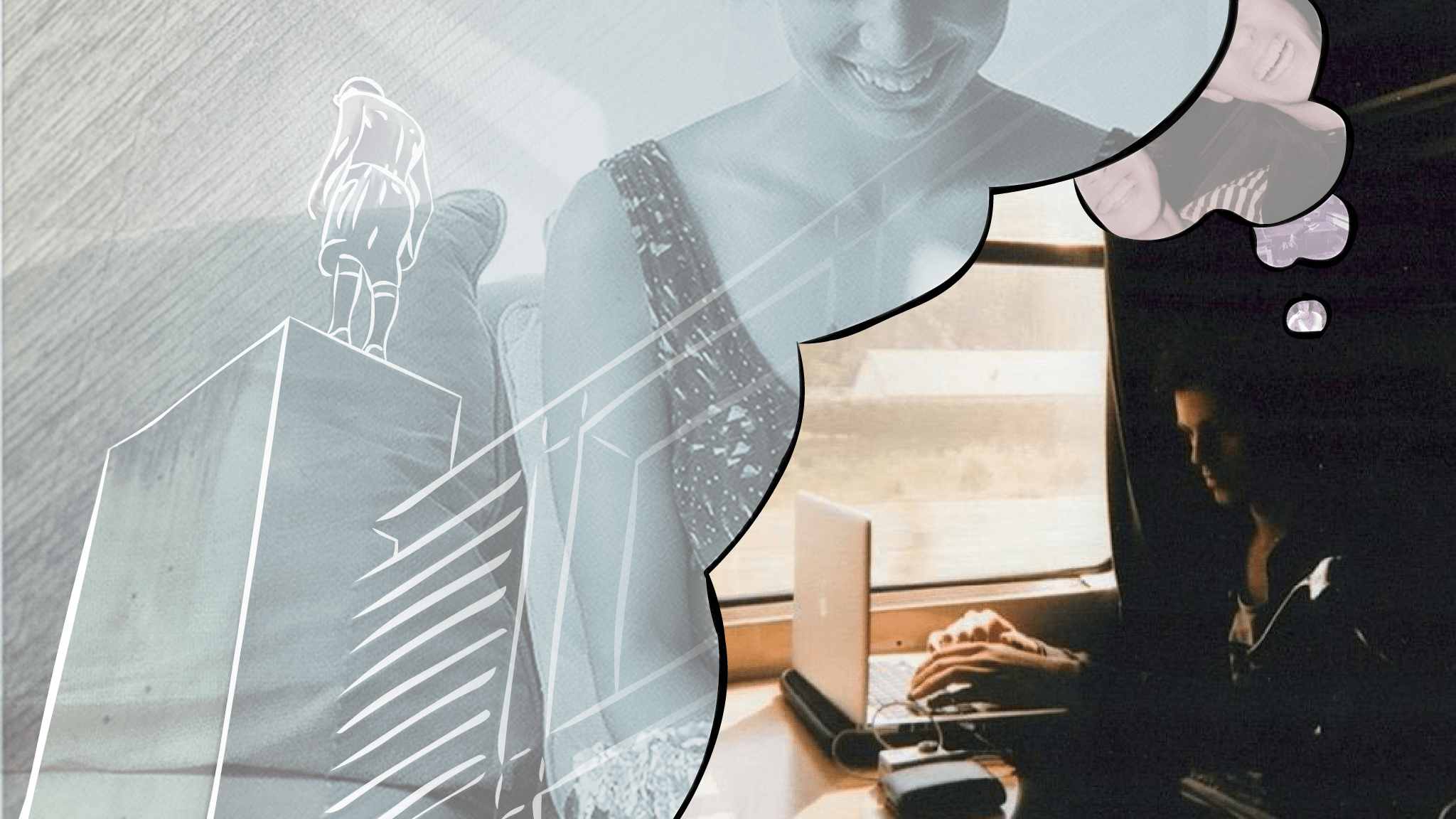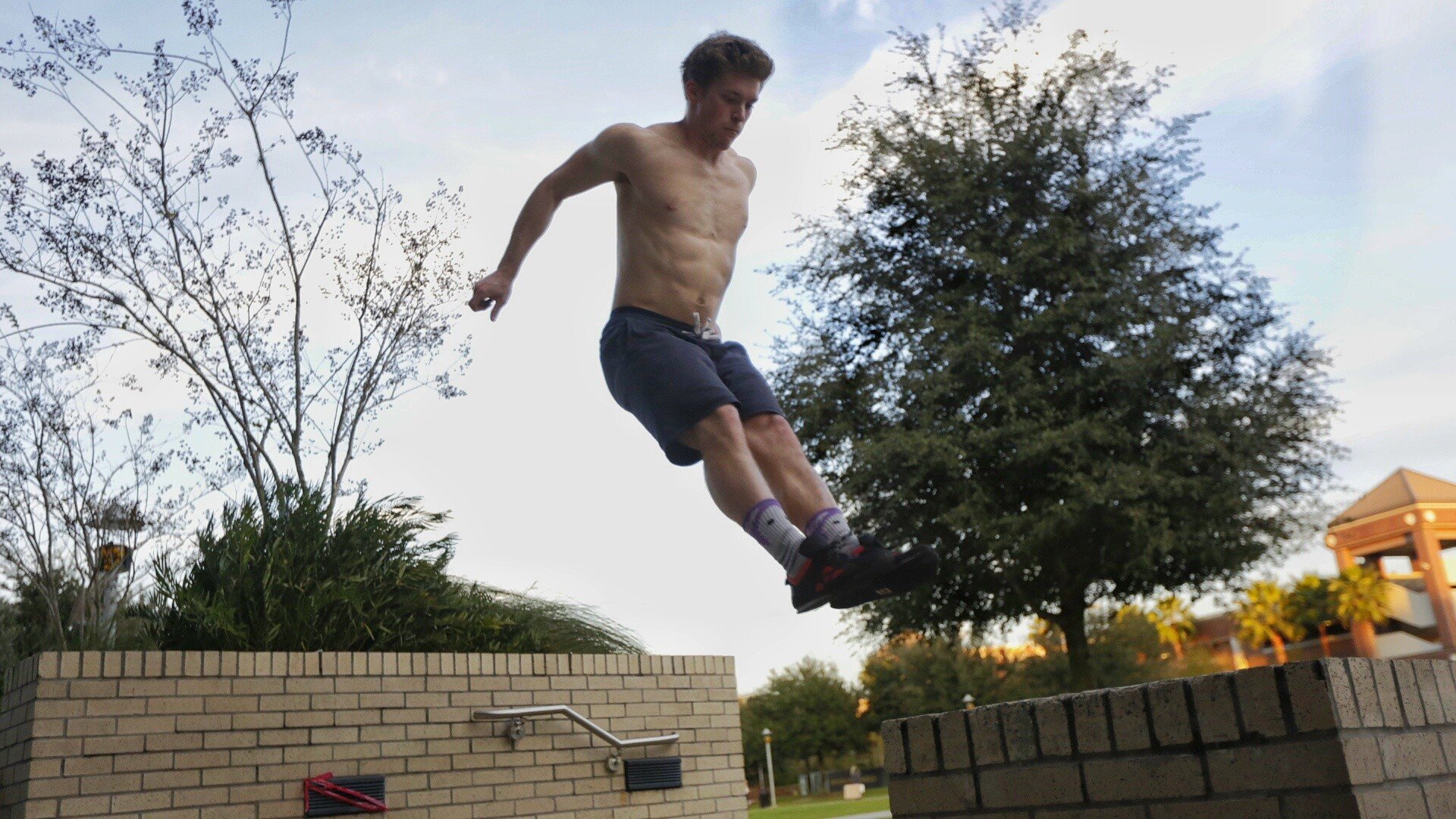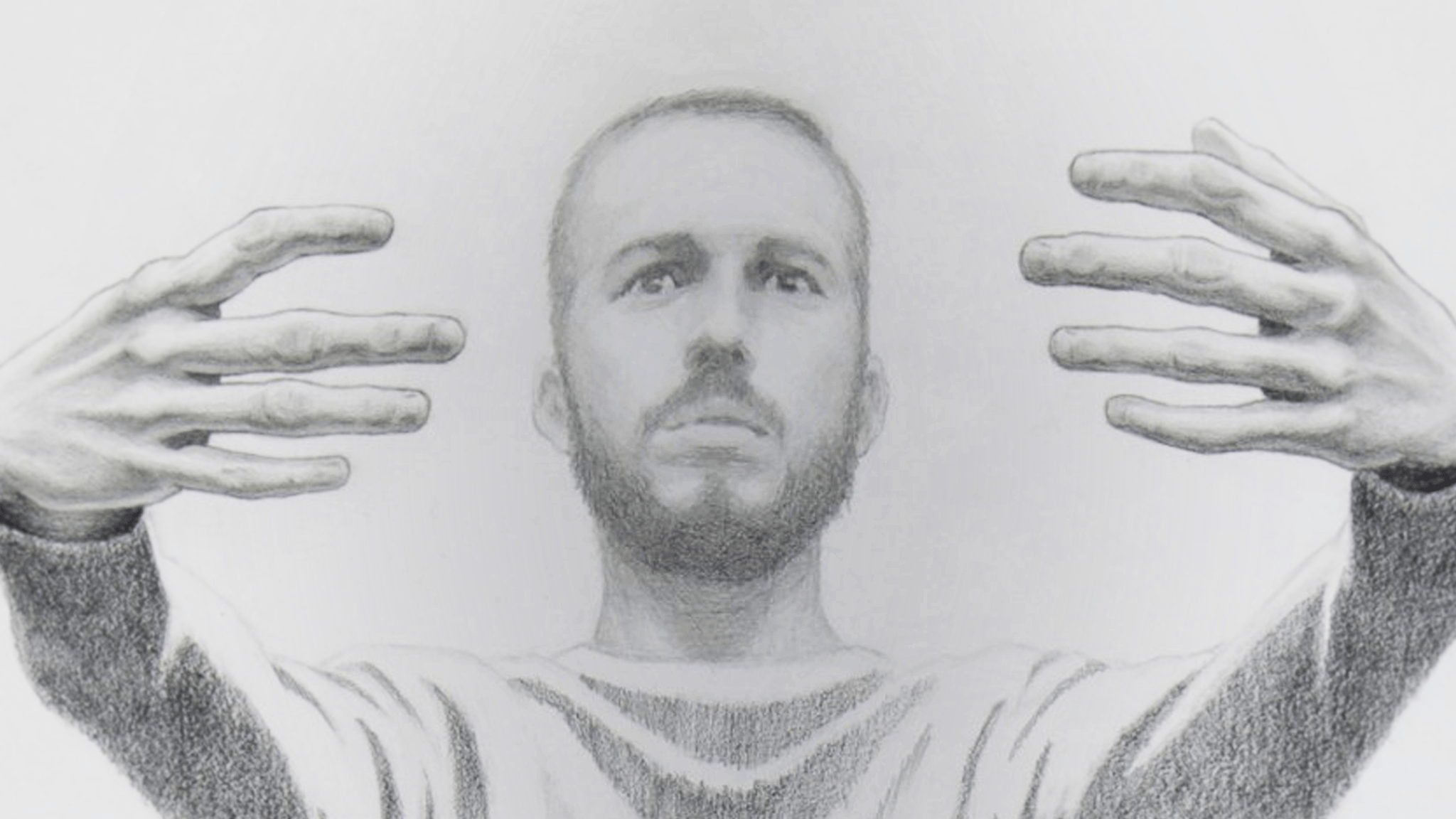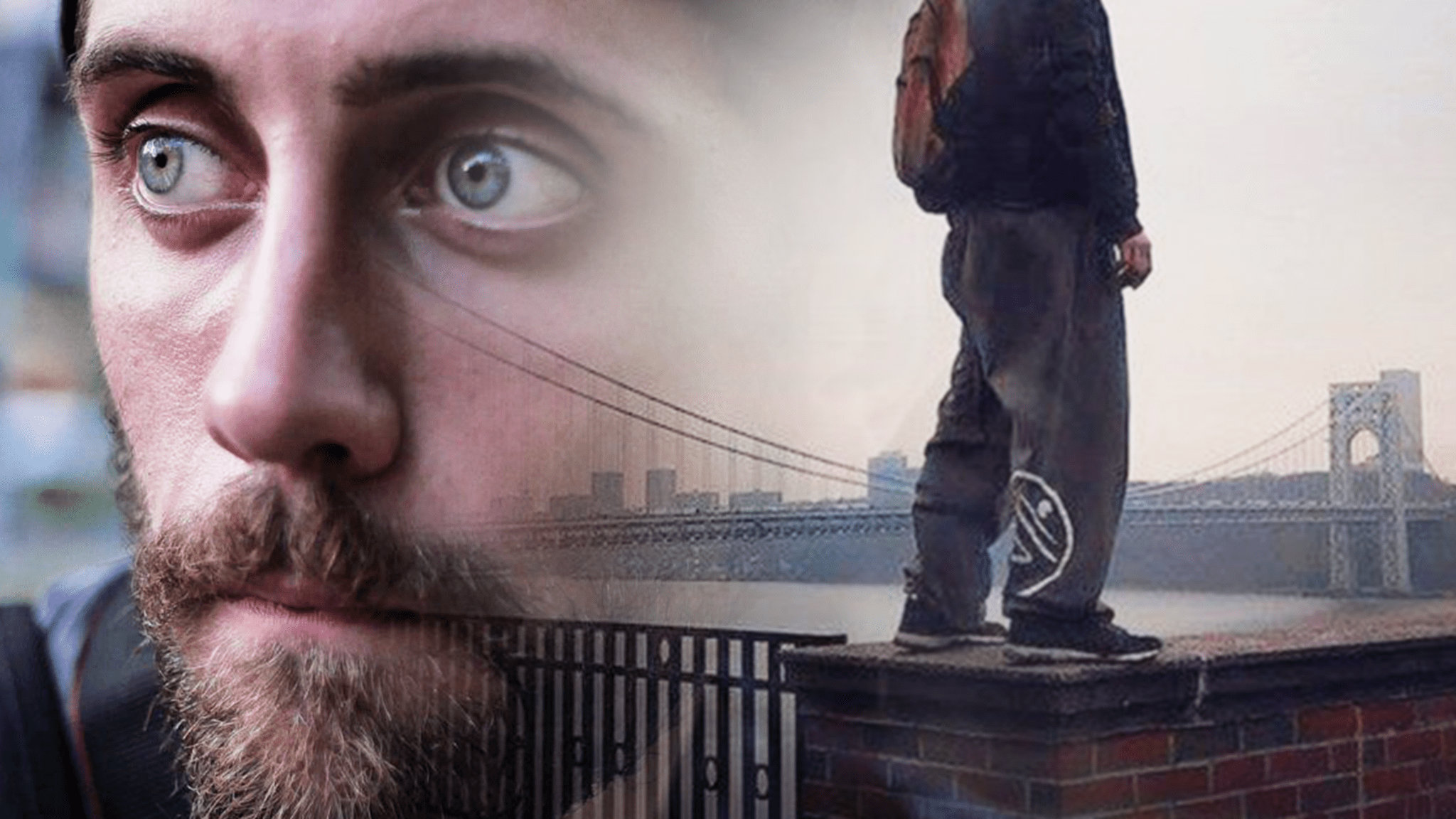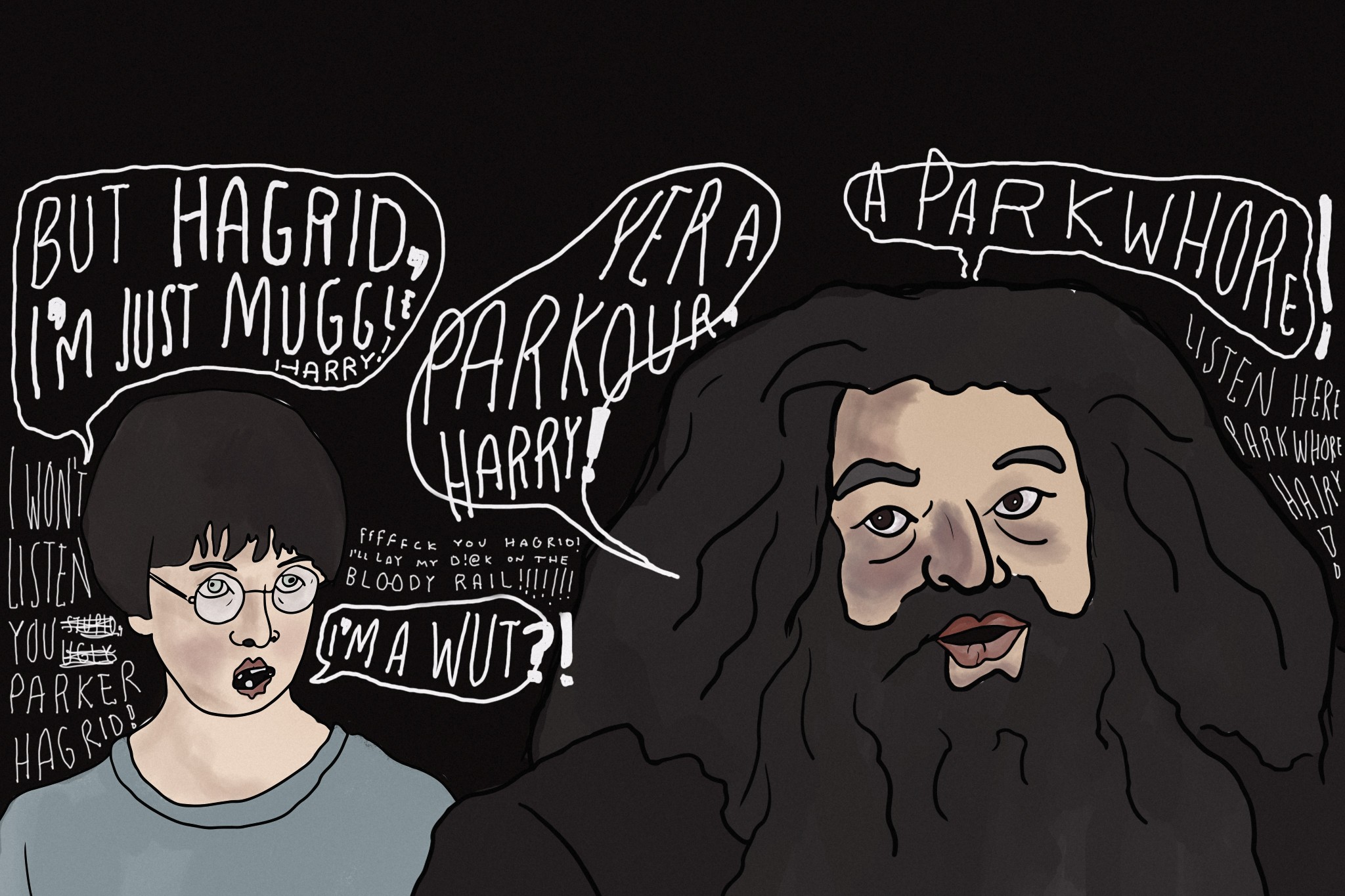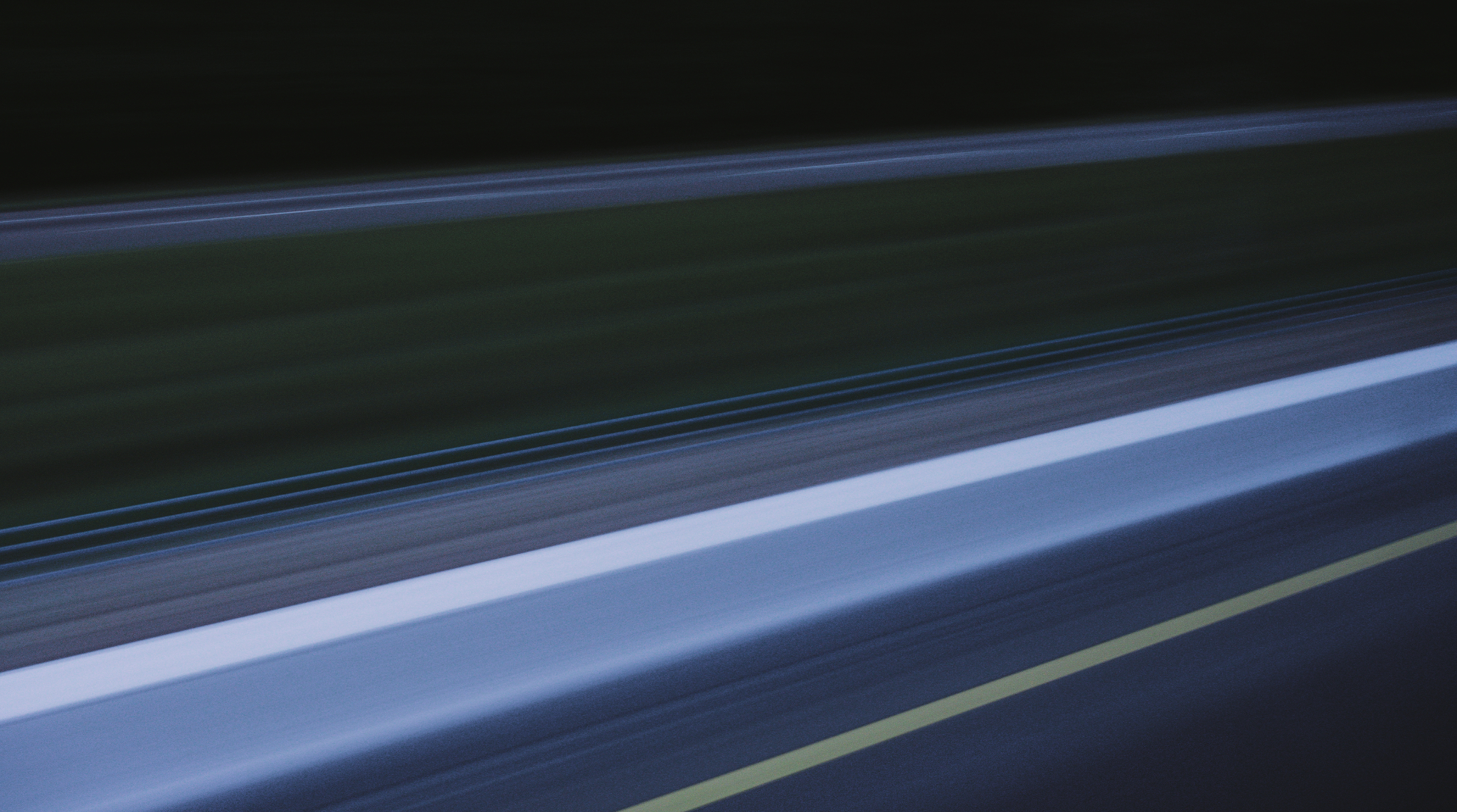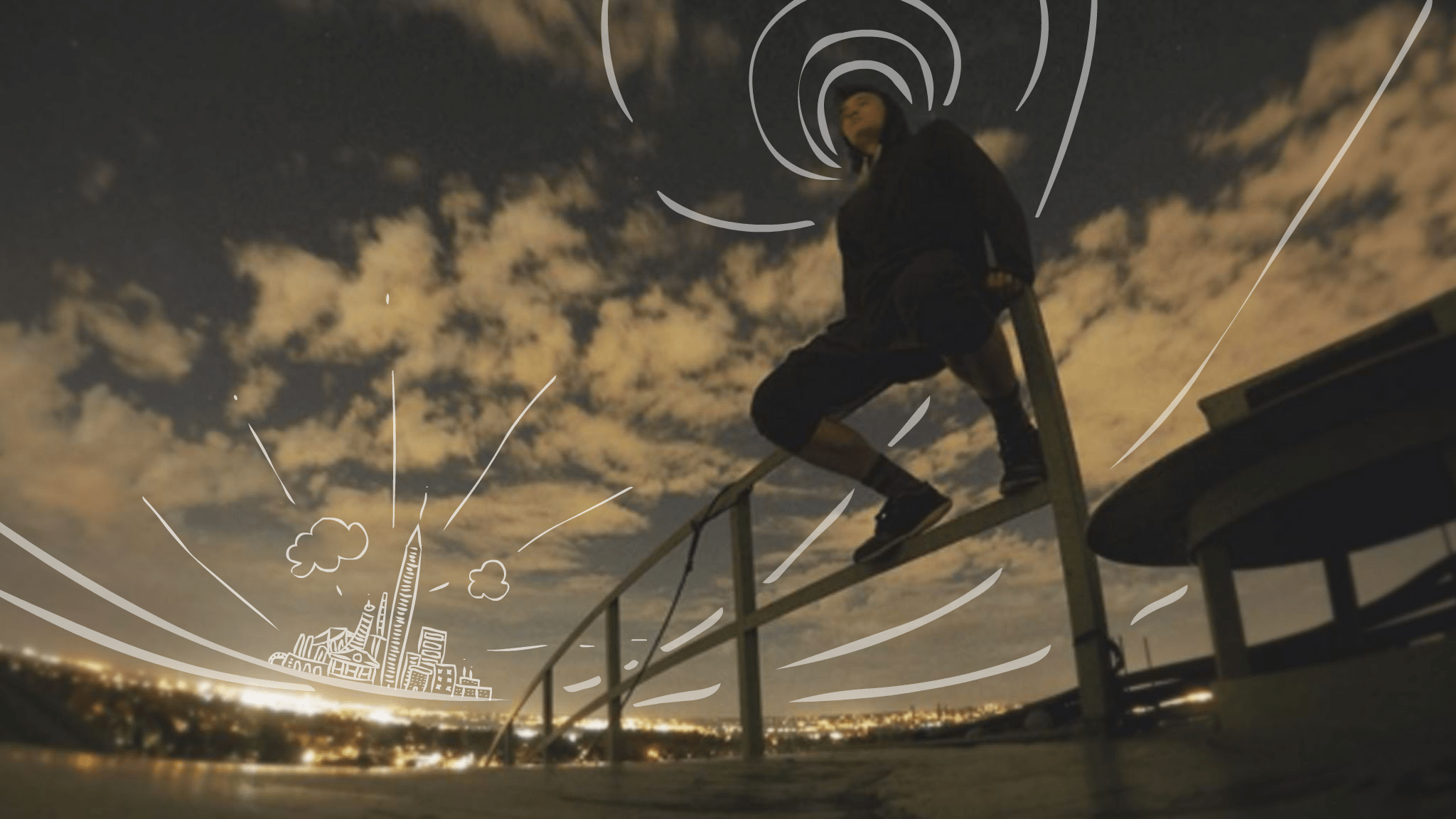Yesterday was Valentine’s day, and some of us celebrated with our partners, while others spent the day alone. I’m not here to console the lonely hearts, I’m single and quite honestly enjoying it (you should too), but I am here to talk about LOVE. Because whether you’re with someone right now or not, Valentine’s day is (supposedly) a celebration of love. A celebration of what you have felt, do feel or will feel in the future, whether it be platonic or romantic. It’s a celebration of something almost universal, and you don’t have to be with someone to understand or experience that.
So what does love have to do with parkour? And don’t worry, the premise of this article isn’t going to be about how I love parkour, or something like that, because that would be atrociously clichéd insubstantive bullshit, and that’s not what we’re about here at MÜV Magazine. No, my answer is going to be personal. It’s going to be about how I think they relate and why. Based on my experience. My story. And I hope that it resonates with someone, in some way.

I discovered parkour when I was quite young (about 14) and became absolutely enamored with it immediately. Still a mind in formation, malleable and searching for something, parkour gave me just that; it gave me a structure. At first in simple ways: I would ask myself, “When am I training next?” and reorient my schedule to accommodate my new found passion. Other activities fell to the wayside, not out of disinterest, but because they paled in comparison to what I’d just discovered. “Where will I train? And what will I train? And who will I train with?”

And so, as it restructured the way I spent my time, it also restructured who I spent my time with. I met my local community, and began a gradual shift. Bound by a common interest, my friends outside of parkour became ever more distant, and what began as casual training partners evolved into best friends. Nothing could match the sense of camaraderie and brotherhood formed by facing fear together.

And that proximity to fear became the defining thing about parkour for me. It became something bigger; something of almost spiritual proportions. My training grew to revolve around my relationship to fear, and increasingly my relationship to movement and the community faded out of sight. Because here was the purest experience I had ever encountered. An unbelievable calm and stillness. A meditative depth.

And so I found myself seeking out fear, in both big and small ways. My freshman year of college I shot an ambitious film in Death Valley, California, rode my bike from New York to Birmingham, Alabama, and continued to push myself in parkour. Whether I was afraid of something became the basis for it’s worth. I only did things that scared me. I became accustomed to fear, almost comfortable in it. And then I met her.
And I won’t go into details here, or maybe ever, but she was my first true love. And it didn’t work out. And it’s irreconcilably over, and it saddens me to think she will never really know how I’ve grown. Who I’ve become.
You see, when something is as pervasive a force in your life as parkour was for me, it gets entangled with everything and anything you do. It becomes a structure and a lens through which you understand the world; a way in which to organize and process information. It drives how you see, experience and react to stimuli. And that’s not special to parkour, that’s just how things, that you’ve used to help define your sense of self, work.
And at the heart of parkour for me was fear. And I see now how I had unwittingly made fear that which drove me. I was afraid of falling behind in my training, and so I trained harder. I was self-critical, aggressively analyzing myself and never happy with my movement. I remember saying, “that was shit,” or, “that could’ve been better,” after almost every landing. I was never satisfied with what I was, and always angry that I wasn’t what I felt I could be. I was afraid of getting injured, and so I hesitated. I was afraid of failing, and that drove me. And for a long time, I thought that the ends justified the means, because those values produced results. Fear made me stronger in parkour. It pushed me to excel as a young filmmaker and as an artist. It made me capable of traversing 800 miles of American roads by bike completely alone. And those are no small feats.

But my first love crumbled under the weight of that mentality. A relationship driven by fear is doomed to failure, and so of course, it failed. And I failed with it. For almost three years after we broke up my behavior was erratic, violent, explosive and scary. I was hospitalized and arrested and had to go to court-ordered therapy. I was in and out of a series of co-dependent relationships that I used to intentionally make myself vulnerable. Surrogates with whom I could recreate the fears that had driven my relationship to pieces. I was a mess. And I was stagnant. And I could see what was wrong, but I didn’t change, because I didn’t think I could.

And in the last relationship I had, I fell in love again. Which was so alarmingly different, and it surprised me. I had come to believe that I wouldn’t be capable of it again. Not successfully anyway. And I was right, in that I wasn’t ready because I hadn’t done any of the work required to heal; I’d just spent three years stewing in my own self-created shit. And so all my built-up confusion and anger began to toxify the thing I’d found with this beautiful person. This special, sweet soul.
And so I left. I packed my dad’s car at 4 am and just drove. And I didn’t stop until I’d reached the other side of the country. And I’ve tried my hardest not to look back.

All of this was so much more complicated than just that. Like anything in life, it was a multifaceted experience with too many variables and moving pieces to name. I can’t ever explain it simply, and for that, I’m oddly glad. Because it deserves to be complicated. Infinitely complicated.
And when the dust finally settled, when I finally found stable ground and began working to repair myself, I felt that I had failed to understand parkour all along. For so long, I thought that the mentality of parkour was part of what had failed me, but I began to realize that I had simply never understood it. I had never properly considered how the values of altruism and selflessness actually fit into my day to day training. How to make love a part of my practice in a tangible way.

When I’m injured, I ought to take time off and not feel guilty. I shouldn’t worry about “regressing” or falling behind my peers. When I can’t do a jump because I’m not strong enough, or I’m simply too afraid, I should treat myself how I’d treat someone else: With reassurance, and kindness, and understanding. I should be able to acknowledge my faults without letting them consume me, and likewise, I should be able to celebrate that which I do actually excel at. I should place an even amount of weight on both my failures and successes. I should learn to care less about how “good” I am, and more about how happy I am.
There’s a great deal of emphasis placed on “progress” in the parkour community. Progress as a simple linear concept. But it isn’t that, and sometimes there’s a need to drift laterally. A need to take the long way there. To find answers in unexpected places.
To measure “progress” is impossible, because regression is a part of that process. Sometimes we regress so that we can find alternative paths when the previous ones have failed us. And that might look like regression, but it isn’t. I am more now, than I was before I met the women who changed my life, even if at times it feels otherwise. And to be ok with moving backwards, revealing unknown faults, to accept that it’s part of the journey, is the challenge. The obstacle. And the answer is acceptance. The answer is self love, because love stands antithetical to fear.

At every juncture in life there are only ever two choices: To act out of fear, or love. Anger, frustration, excuses, resentment, selfishness, hatred, willful ignorance; or empathy, joy, and unconditional acceptance. A battle we face alone, and collectively; as lovers, as friends, as a parkour community and a society at large. A great battle that rages on: The entire world at stake and eight billion souls enlisted in the fight.
And when we train, we practice facing those junctures. That’s what parkour is as a mental discipline. What we choose when we practice becomes habitual. And those habits become behaviors. And those behaviors become actions. And those actions define who we are. And so we have to always choose love. Even if it simply means walking away from fear. Even if it means not jumping.
I worry that these thoughts are too abstract to change the way anyone trains, but I know that there is a difference between training out of fear, and training out of love, because I’ve seen it. I’ve seen it in people I’m close to, and I believe that it changed my life for better or worse. The ends do not justify the means, because ultimately it doesn’t matter how good you are at jumping, what matters is the person you build yourself into through your discipline. Whether it’s parkour, or martial arts, or painting, or music, or simply being a good husband or father, sister or mother, a better world stands at the center of a better self. And that begins by simply acting out of love in every choice you make, no matter how small or seemingly insubstantial. Because those choices do matter.

So train what you love, with love. And even if the road to your goal seems longer, know that it’s the only road that truly leads there.
CREDITS
Story by Milo Finnegan-Money


